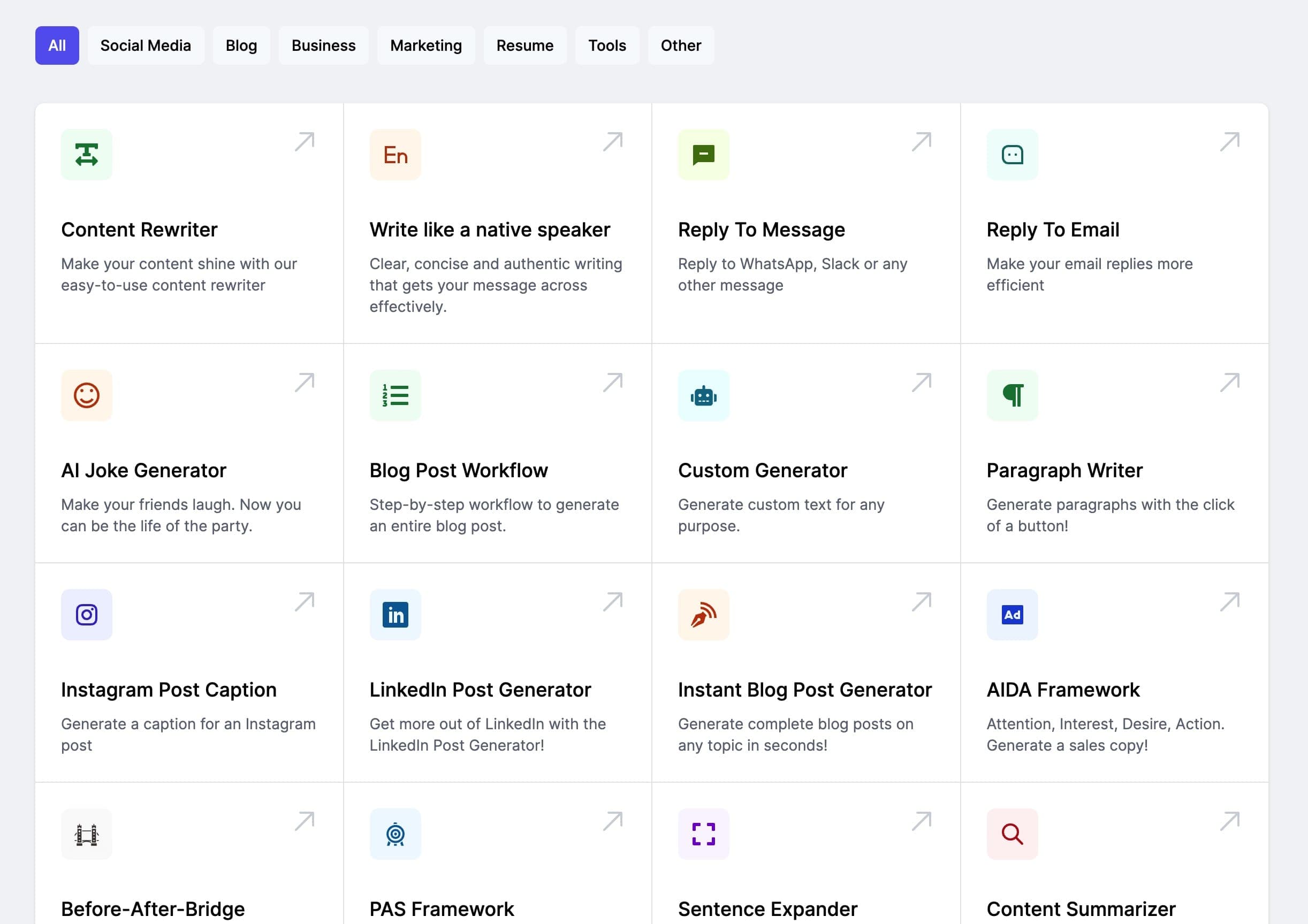Age: 32, Diagnosis: Depression. Session focused on discussing recent job loss and coping strategies.
BIRP Note
Behavior: The client presented with a low energy level and subdued mood at the commencement of the session. Their affect was flat, and they exhibited minimal eye contact, indicative of their current depressive state. The client vocalized feelings of hopelessness and worthlessness, particularly in relation to their recent job loss. They acknowledged a significant decrease in daily functioning, including disruptions in sleep patterns and a lack of motivation to engage in previously enjoyed activities.
Intervention:
Empathetic Listening: The session began with the therapist providing a supportive and non-judgmental environment, allowing the client to express feelings and concerns related to their job loss.
Cognitive Behavioral Techniques (CBT): The therapist worked with the client to identify and challenge negative thought patterns contributing to their depression, particularly those related to the job loss ("I’m worthless without my job").
Problem-Solving Therapy: Discussion included exploring practical steps towards employment-seeking, such as updating resumes and establishing a structured daily routine.
Mindfulness and Relaxation Exercises: Introduced basic mindfulness exercises to help manage acute stress and depressive symptoms.
Resource Provision: Provided information on local job support services and online platforms for networking and job search.
Response:
The client was initially reluctant to engage in discussions around future employment, indicating a sense of overwhelm and futility. However, through CBT, the client began to show a slight shift in perspective, evidenced by statements like "Maybe it’s not impossible to find another job." They participated actively in the mindfulness exercise, reporting a temporary alleviation of anxiety levels. The client also showed interest in the suggested job support resources and agreed to explore these options.
Plan:
Continued CBT: To further address and alter negative thought patterns and enhance coping strategies.
Job Search Assistance: Encourage client to attend a job support group and register with local employment services as discussed. Follow-up on progress in these areas.
Skill Development: Client showed interest in learning more about mindfulness; plan to integrate more advanced mindfulness techniques in future sessions.
Homework Assignment: Client to maintain a daily activity log to help establish a routine and prepare a draft update of their resume.
Next Session: Scheduled for one week later, with the aim to review the activity log, resume progress, and deepen the engagement with mindfulness strategies.
Safety Planning: Reinforce the availability of crisis resources, including hotlines and emergency services, should the client feel overwhelmed or experience suicidal thoughts.
This plan aims to foster resilience and proactive engagement in the client’s process of recovery and re-employment, while simultaneously managing depressive symptoms. The interventions will be adjusted based on the client’s ongoing feedback and progress in therapy.

